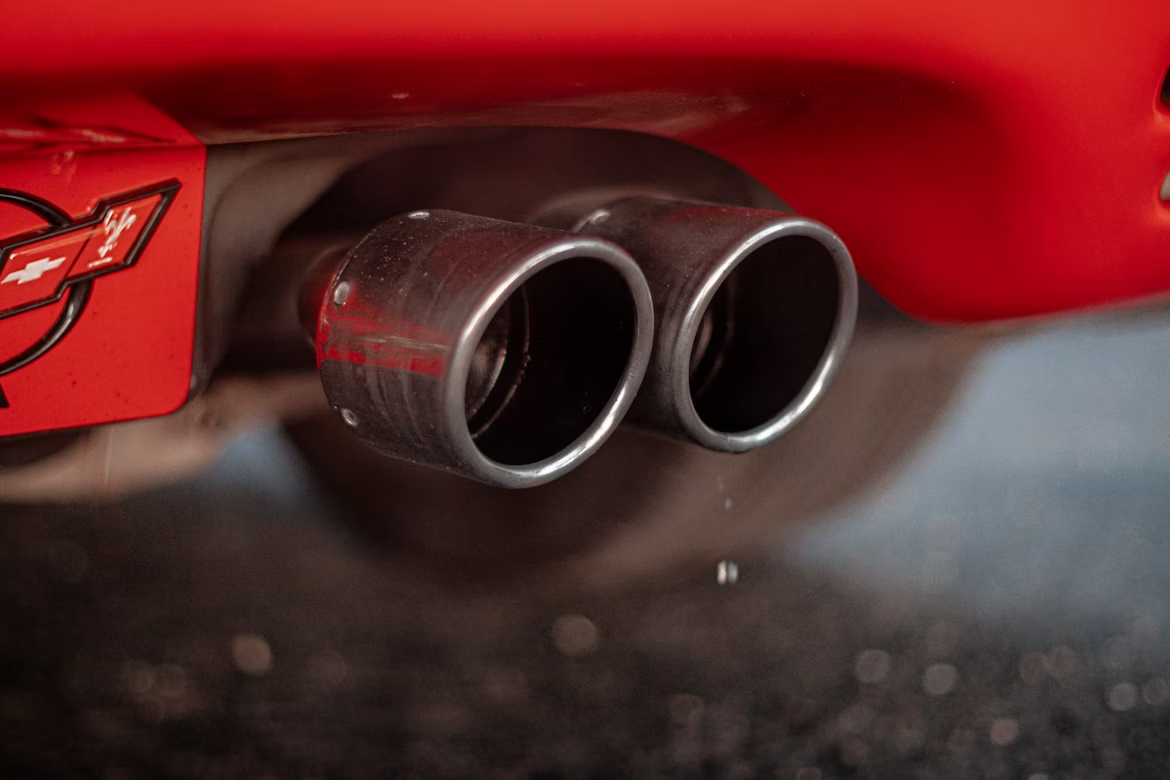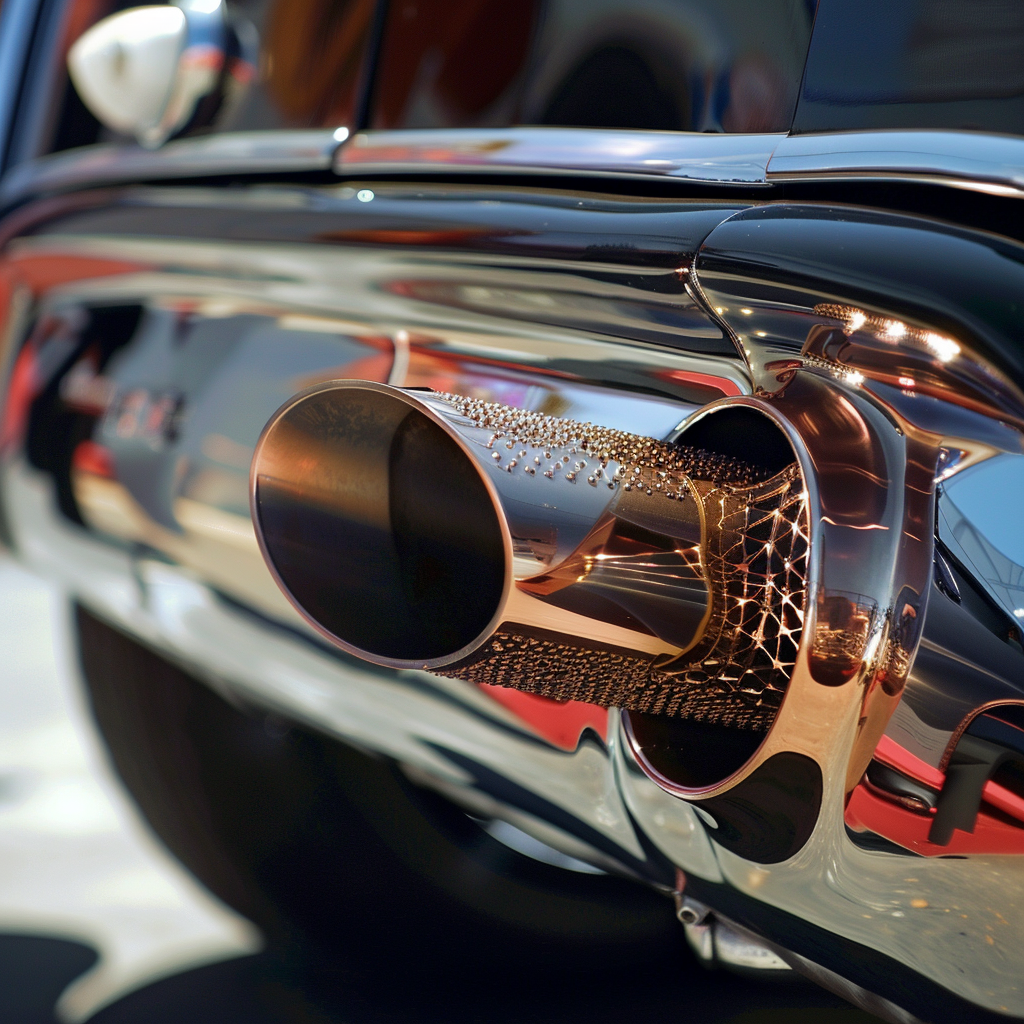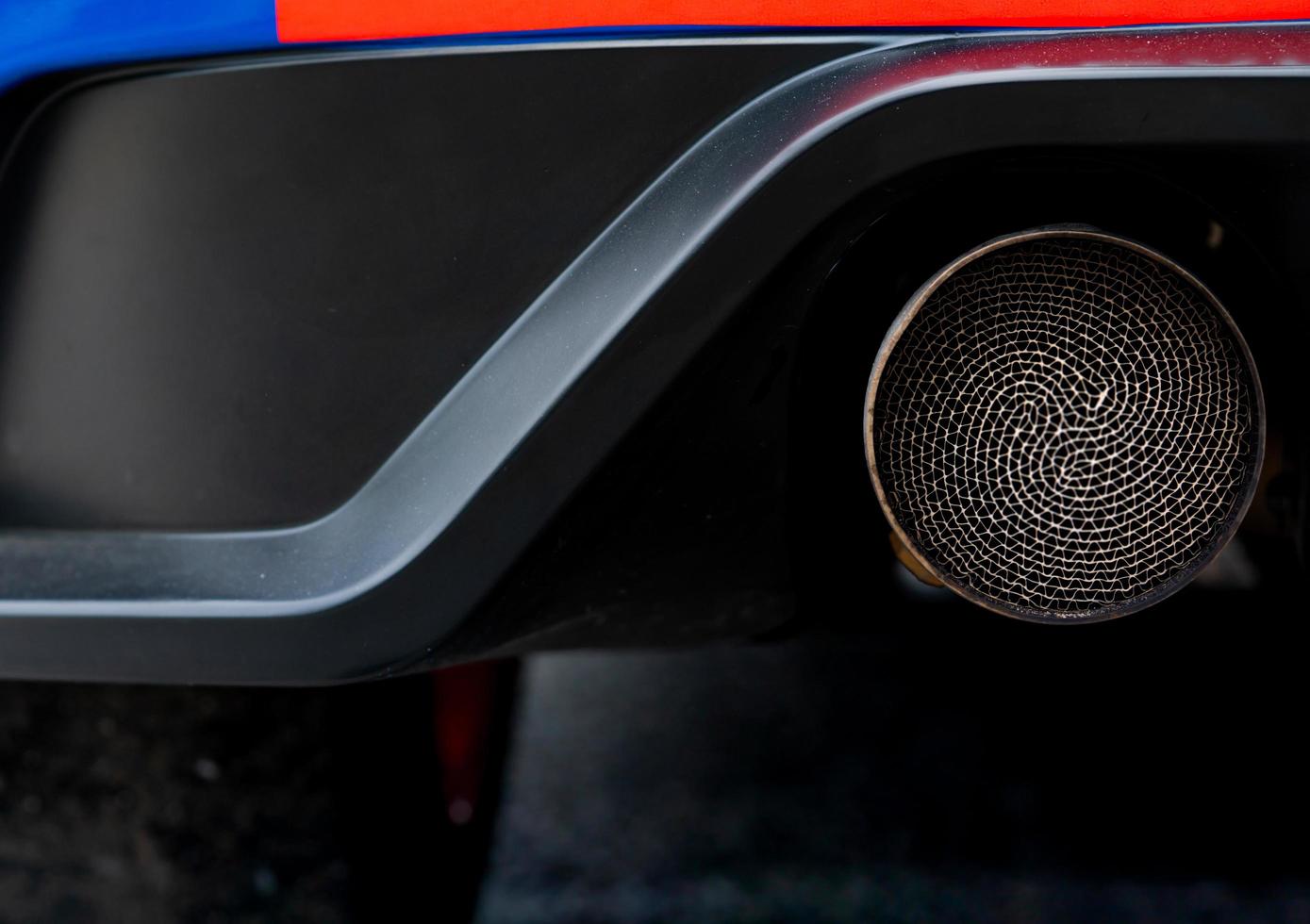Keeping vehicles environmentally responsible is growing more urgent each year, and one of the most vital components for this purpose is the catalytic converter. Many drivers looking for Philadelphia, PA auto services are already aware that stricter emission standards are here to stay, but understanding the real contribution of the catalytic converter can help everyone appreciate why it truly matters. As we all seek ways to drive cleaner and protect our communities, maintaining emission systems in optimal condition is a crucial responsibility.
We all want our vehicles to run smoothly while ensuring the air we share remains healthy to breathe. That’s why knowing how emissions-reducing technology works is essential. At some point, most drivers will need to make decisions about their exhaust systems. Relying on experienced professionals like Schafer’s Auto Center ensures these decisions are made with care, expertise, and a commitment to customer education, reflecting the priorities of families and individuals who depend on their cars every day.
Understanding the Basics of Catalytic Converters
Catalytic converters are key components in modern vehicles that convert harmful gases into less harmful substances before releasing them into the atmosphere. This happens through chemical reactions with catalyst materials, typically platinum, palladium, and rhodium. Engines naturally produce byproducts such as carbon monoxide, hydrocarbons, and nitrogen oxides, all of which can seriously harm both air quality and public health if left unchecked. By fitting a catalytic converter, vehicles operate within emissions standards and help reduce smog and air pollution.
How Catalytic Converters Work to Reduce Pollution
The primary function of a catalytic converter is to trigger oxidation and reduction reactions as exhaust gases pass through it. The reduction chamber transforms nitrogen oxides into nitrogen and oxygen, while the oxidation chamber converts carbon monoxide into carbon dioxide and unburned hydrocarbons into water vapor and carbon dioxide. The result is a cleaner exhaust stream. This technology, which has been standard in vehicles since the mid-1970s, directly supports environmental regulations and extends car lifespan by ensuring compliance with evolving laws.
Why Routine Inspections Matter for Emission Systems
Most drivers rarely think about their catalytic converter until something goes wrong. However, regular inspections help catch problems early, preventing both expensive issues and excessive emissions. During an inspection, experts look for signs of clogging, contamination, or physical damage. Even minor issues can affect performance, so staying proactive can mean the difference between a routine fix and a failed emissions test. Catching these issues early supports both environmental and vehicle health.
The Impact of Catalytic Converter Theft
Unfortunately, catalytic converter theft is a growing concern due to the valuable metals inside them. Vehicles left exposed or in less secure areas are especially vulnerable. When a converter is stolen, it not only results in financial loss and wasted time, but also temporarily renders essential emission controls inoperable. Staying alert for warning signs such as sudden loud exhaust noise, warning lights, or sluggish performance can help catch theft quickly so it can be addressed.
Legal and Environmental Implications
Operating a vehicle without a functioning catalytic converter violates emissions laws and contributes to environmental challenges. Failure to comply with these regulations can lead to costly fines or even prevent cars from passing required inspections. Beyond legal issues, a missing or faulty converter means that dangerous pollutants are released straight into the atmosphere, impacting the health of neighborhoods and ecosystems across the region.
Choosing the Right Service Team
Not every auto service provider brings the same level of experience to diagnosing and servicing emission systems. Opting for certified experts who genuinely care about their customers makes a substantial difference, especially when it comes to emissions controls. A quality team will prioritize customer education, clearly explain any issues detected, and recommend the safest, most cost-effective solutions. Trustworthy providers remain committed to the well-being of both customers and their vehicles, setting themselves apart through high standards and professional development.
Tips for Extending Catalytic Converter Life
Maintaining a converter often starts with simple habits. Promptly addressing a check engine light, using high-quality fuel, and ensuring regular oil changes help prevent excessive wear and contamination inside the component. Other helpful steps include parking in well-lit, secure areas to deter theft and arranging scheduled inspections. By following these suggestions, drivers can lengthen the lifespan of their converters and minimize their environmental impact without sacrificing reliability.
Reliable Care for Your Vehicle’s Emission Systems
We know that every driver values a car that keeps families safe and the air clean, while meeting required emission standards. By understanding and caring for the catalytic converter, each of us is contributing to a healthier future. When it comes to Philadelphia, PA auto services, trust your vehicle to the caring experts at Schafer’s Auto Center, who pair technical skill with a commitment to customer well-being. Contact our friendly team for more information on maintaining your vehicle and our environment in optimal condition.




